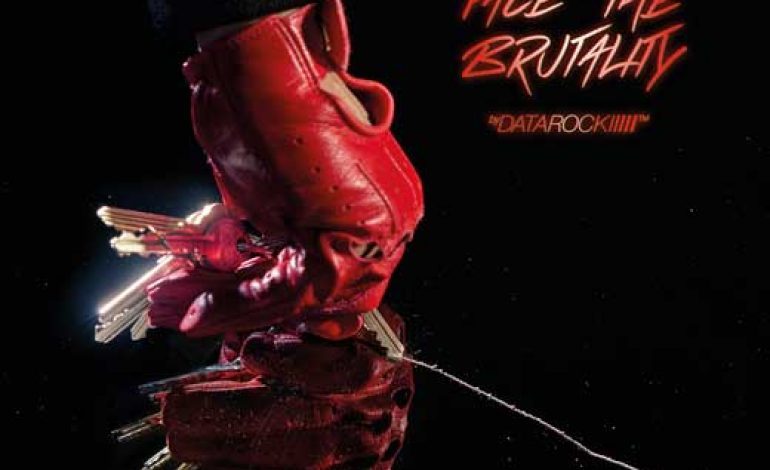

Bergen-based dance rockers return
Don’t be put off by the album’s suggestively aggressive cover and title. Datarock’s latest record, Face the Brutality, is a relatively easy listen. Released on the band’s own Young Aspiring Professionals (YAP) label, Face the Brutality moves in the vein of melodic dance anthems. The influences, of which there are always plenty with Datarock, fluctuate between a Talking Heads call-and-response on “Sense of Reason,” to some Daft Punk inspired instrumental sections; there’s even some dance-punk on here, reminiscent of other European heavyweights of the early-to-mid 2000s, like Phoenix and Franz Ferdinand.
In all, Face the Brutality plays exactly as one would expect a Datarock album in 2018 to play like: grittier and more outspoken than their past dance releases. It’s obvious that the current global climate has influenced this band like it has influenced so many others. Lyrics like, “Everything’s gonna be alright / Nothing will change unless we talk about it / And everything’s gonna okay / Depending on what you’re willing to give up,” on the track “Everything,” make the connection between the “brutality” we have to face and the feel-good disco pop of Datarock a little bit softer. Besides, it’s hard to listen to anything contemporary these days and not read politics into it. That being said, the songs on this record do feel mined from a set of experiences brought on by external pressures, not so much influenced by the band’s own personal lives as it is inspired by the world in which we live.
Perhaps this is one of the biggest factors in Face the Brutality’s favor. This record feels more grounded in the current climate, as if the band is looking to stay relevant. And relevant they surely are, especially with tracks like “Feathers & Wax”—a standout tune that really does seems to bring out a new side to the well-established group.
Album opener “Bmx” features some stunning cinematic chord changes, laid over a transfixing rhythm of drums and numerous hi-hats. For an opening track, “Bmx” doesn’t feel very “brutal.” The tight drum machines and instrumentalism on this track are only slightly mesmerizing, and after a string of Phil Collins-esque drum fills, the song enters a bridge section that is full of harmonizing synths. With no vocals, this is the kind of new material that really displays a group’s maturity: refraining from over-saturating the music with lyrics, the track is allowed to develop in a rather organic way.
“Ruffle Shuffle” has an early Brian Eno aspect to the vocals and production, and serves as a nice transition from the groovy intro of “Bmx” to the rest of the album. In full, this song describes the singer’s habit for dancing down abandoned streets: “When I’m dancing by myself / I’m truffle shuffling,” sings Fredrik Saroea over a colorful rhythm section that is sure to get the listener grooving as well.
The track “Sense of Reason” has a tangentially Talking Heads aesthetic to it, with some great call-and-response moments. Some of the lyrics don’t quite compute, but the musical quality of the track is infectiously groovy.“Laugh in the Face of Darkness” is a track full of lyrical and musical clichés, but because of its sweeping chorus, the song presents itself as the centerpiece of the record. A mix of acoustic guitar and funky basslines elevates the one-dimensional lyrics to more textured layers of sonic exploration.
“Invitation to Love” has a downtempo ’80s via King Krule vibe to it, while “Outta Here” has a more playful vibe to it, complete with lightning quick guitar riffs a là The Strokes—in all, Datarock’s latest effort flexes their songwriting muscles to their fullest extent. The result is a decent record full of memorable dance-pop tracks; a brightly shining glimmer of optimism amidst a sea of brutality.
